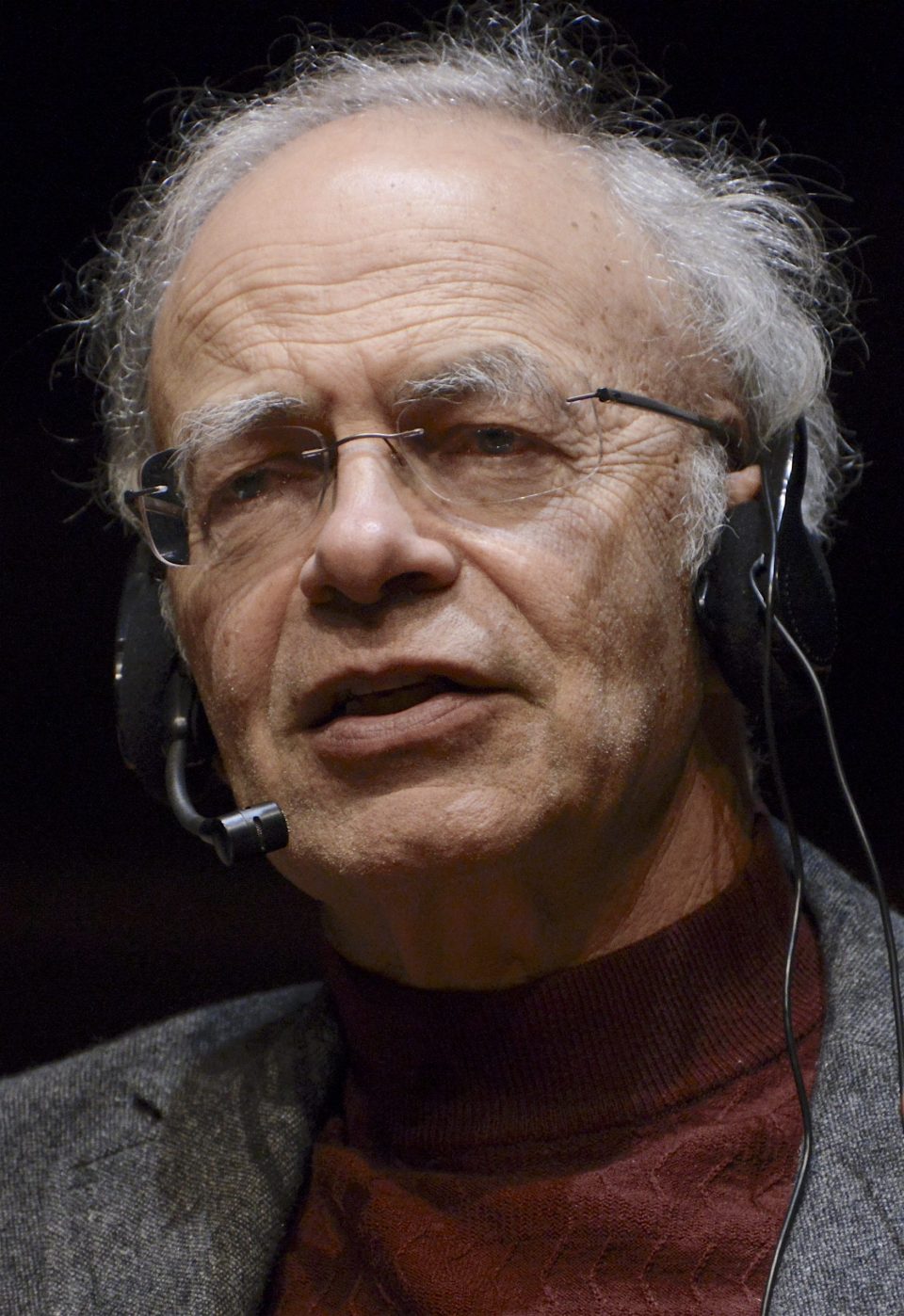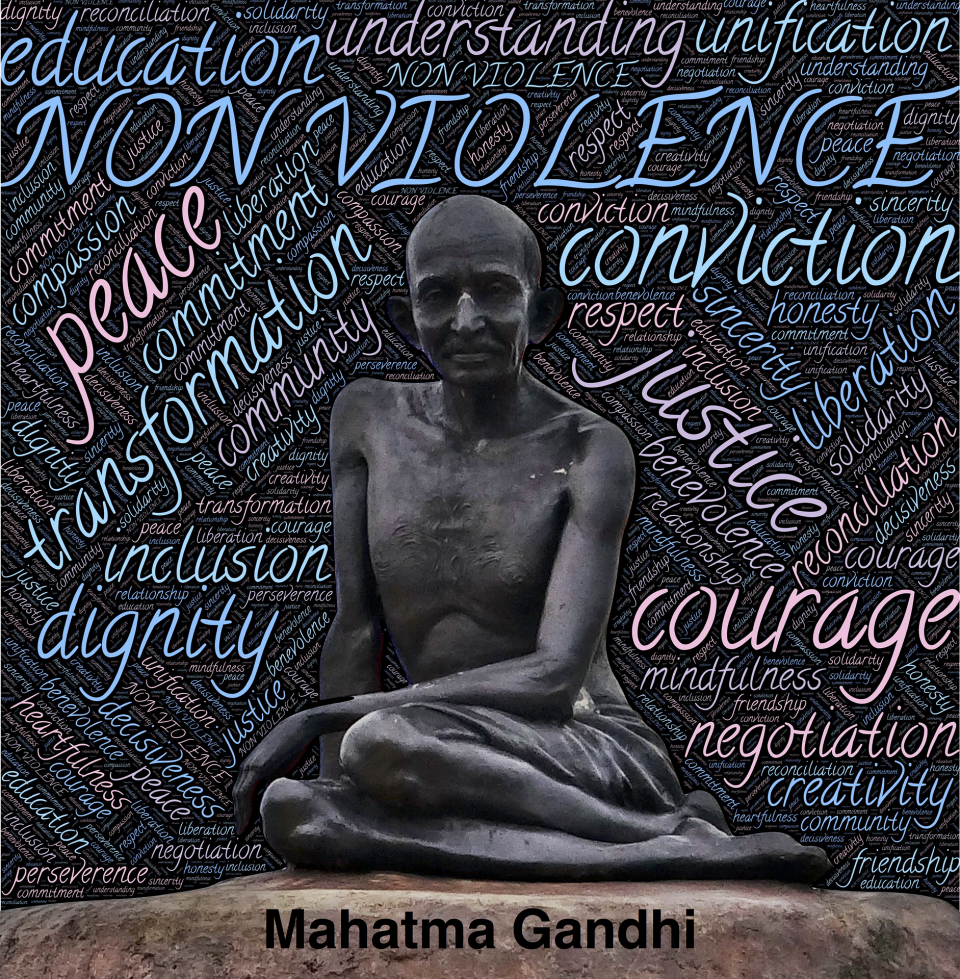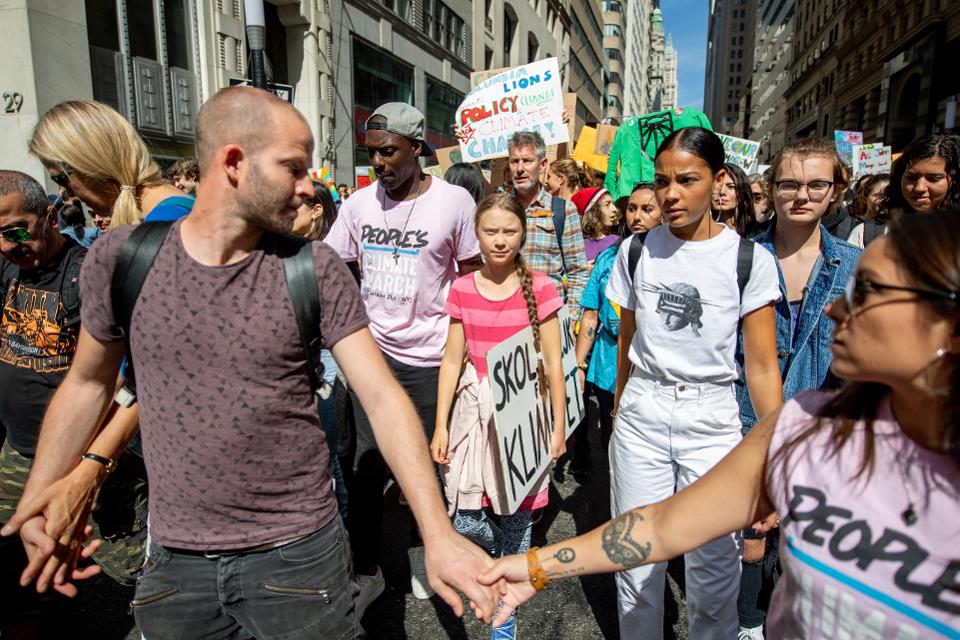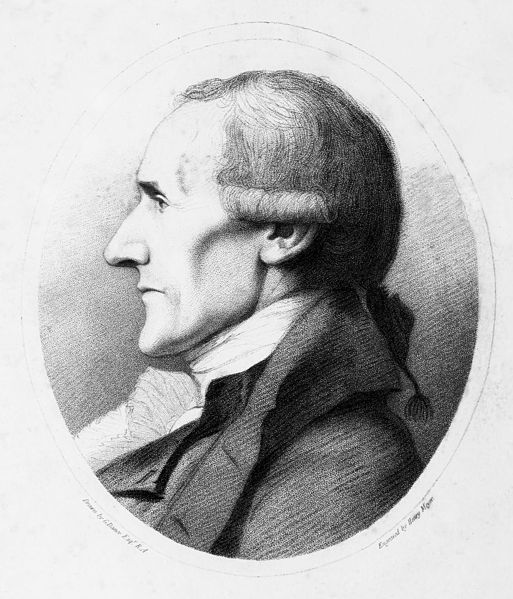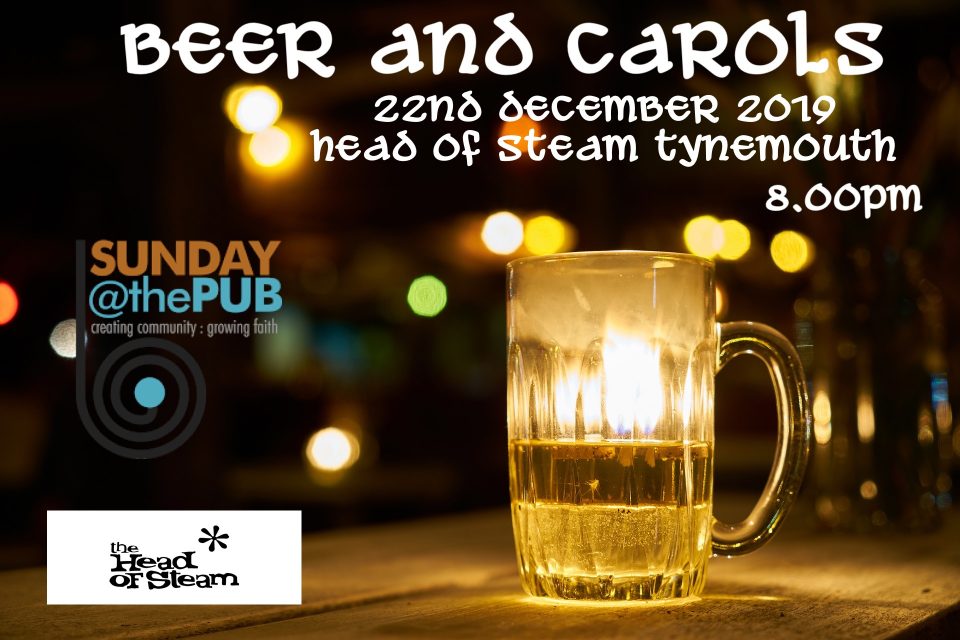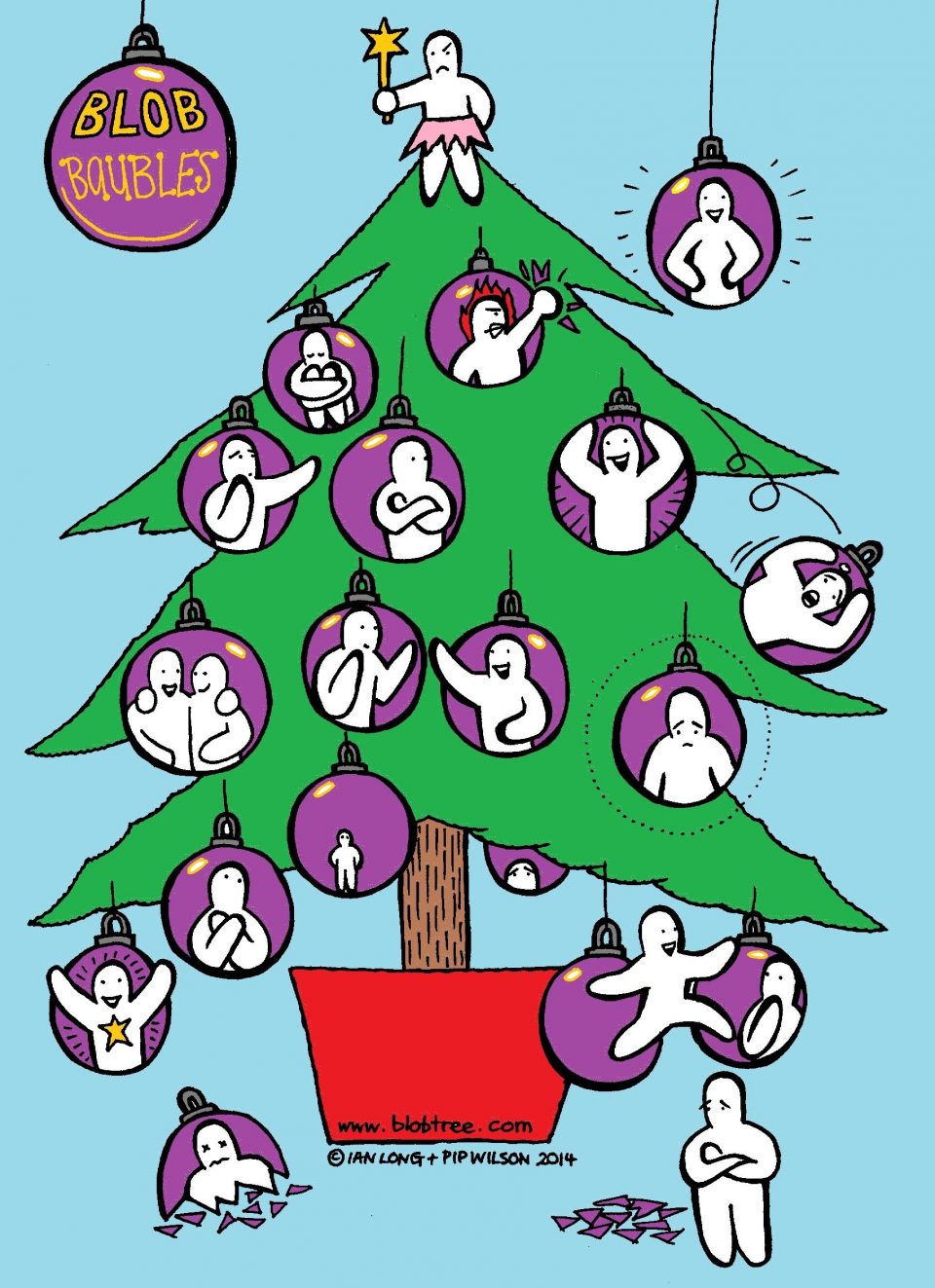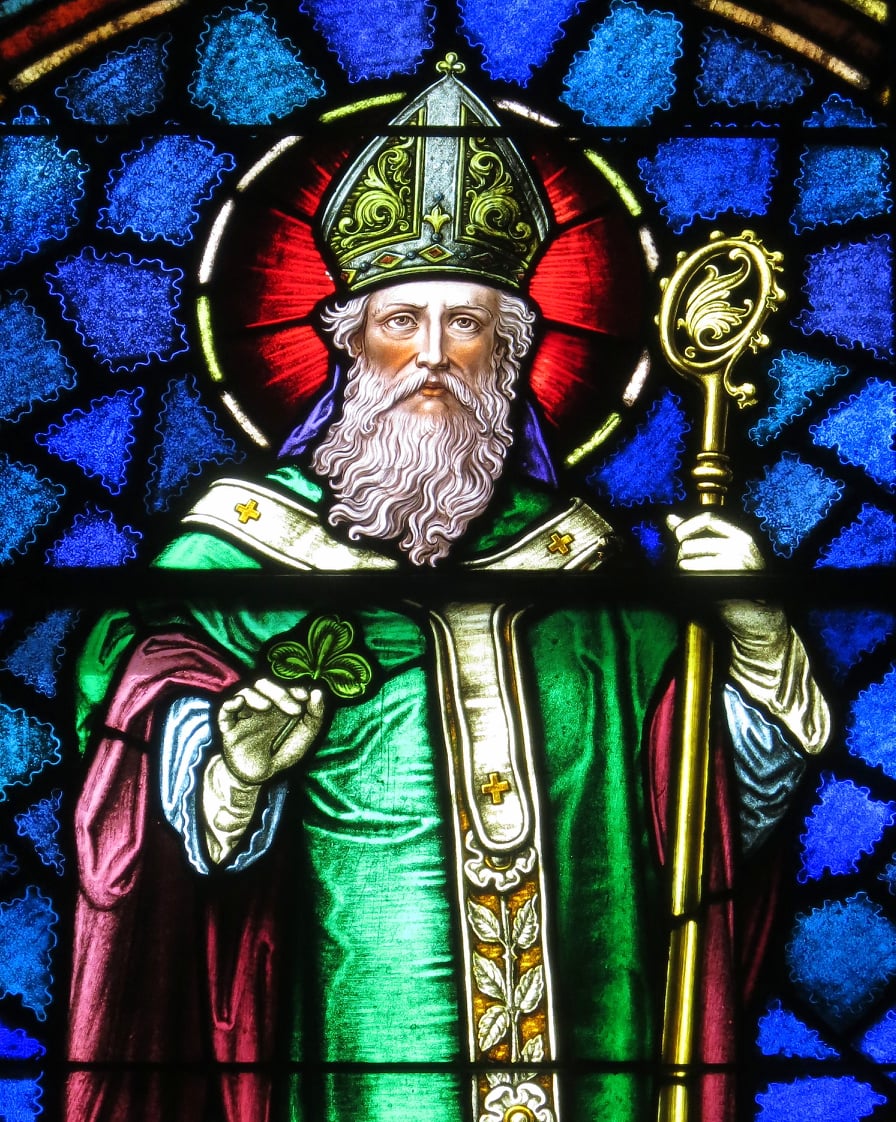Hi folks, I hope you are well, this week we are meeting at new venue to try it out… The Dolphin Pub, on King Edward Road, NE30 2SN. Hope to see you there from 8.00pm. This weeks blog is written by Sue. Maria Eva Duarte was born in 1919, the youngest of five children. Her father was a wealthy man …
Peter Singer – Influencer and prophet?
Hi folks, how ya doing? This week we are meeting at the Kittiwake from 8.00pm, it would be great to see you. We continue with our series on ‘Influencers and Prophets’. This week we consider the work of Peter Singer… Who I hear you cry! Peter Singer is an Australian moral philosopher who specialises in applied ethics. This is the …
Mahatma Gandhi
Hi folks, I hope you are well, this week we are meeting at 8.00pm at the Crescent Club in the upstairs front lounge. This week we are thinking about Mahatma Gandhi… Born in January 1869 – he was a lawyer, anti-colonial nationalist and into political ethics. He is also known for his non-violent resistance that led to India’s independence from …
Greta Thurnberg
About 9 years ago, in a classroom in Stockholm, a quiet schoolgirl was taught about climate change. She and her classmates were encouraged to recycle, and switch lights off, and the curriculum moved on. Disoriented, she did not move on. If what had been said was true, why wasn’t anyone doing anything? Why did people around her act as though …
Granville Sharp
This first post on prophets and influencers is on Granville Sharp. I am going to assume that not many people know who he is, but out of interest you could respond with a 👍 or 👎 below if you know, and haven’t used the internet or some other means to look him up. First some background Sharp was born in …
Influencers and Prophets…
Hi folks… how was your first full week back in the world of normality? Comment below with a gif that represents how its gone… This week we are meeting at the Kittiwake, meeting at 8.00pm… it would be great to see you, if you haven’t been before or its been awhile since you came along, you would be very welcome! …
Sit back and chill…
Hi folks, this Sunday we will gather at the Crescent Club, from 8.00pm. No topic this week, just an opportunity for us to hang out in the midst of advent, Christmas and the aftermath of the election. Don’t forget ‘Beer and Carols’ on the 22nd December and bring your friends!! here’s the flier for you to share…… Peace, Rob …
Blob Christmas!
Hi everyone, I hope your Christmas preparations are going well. This week we are meeting at the Kittiwake at 8pm. Hope to see you there. Most of you know I work as a trainer. I love thinking of new ways to engage delegates. I’ve recently been using a ‘blob tree’ to help individuals reflect on their feelings about being on …
St Patrick
Hi folks, this week we are meeting at the Crescent Club, from 8.00pm, I hope you can make it. This weeks’ topic is St Patrick, the patron saint of silly green hats, leprechauns, shamrocks and Guinness – oh yes, and Ireland. I don’t think I need to say too much about him, the basics of his story are fairly well …
Blaise Pascal – Hero of Contemplation
Hi folks, I hope you are doing ok? This Sunday we are trying a new venue……. meeting at Mr Petit Bar and Lounge, Park View, near the Dog and Rabbit. Hope to see you there from 8.00pm. This week we are thinking about Blaise Pascal, a hero of contemplation. He was one of the greatest mathematicians and physicists of all time! In his teens he …

